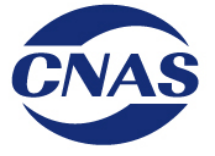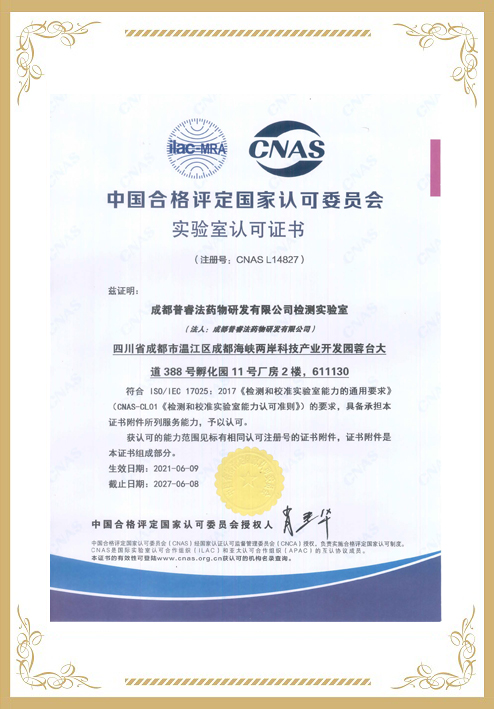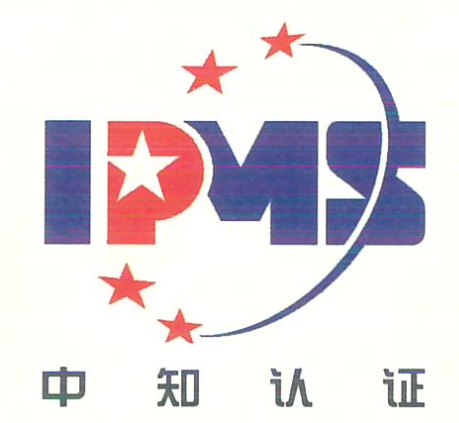Abstract
This study sought to isolate active Flos lonicerae flavonoids and evaluate their anti-oxidative and anti-inflammatory effects as well as investigate the molecular mechanistic action of these flavonoids in the rat model of ulcerative colitis (UC). Total flavonoids and three flavonoids (hyperoside, lonicerin, and luteolin) were isolated from honeysuckle and purified via column purification. Rat model of UC was established via 2,4,6-trinitrobenzene sulfonic acid (TNBS) intoxication. The anti-oxidative and anti-inflammatory effects of the three flavonoids against TNBS-induced UC were evaluated by measuring appropriate biomarkers via assay kit. The effects of hyperoside, lonicerin, and luteolin on the regulation of nuclear factor-kappa B (NF-κB) pathway were investigated using Western blot (WB) and real-time polymerase chain reaction (RT-PCR) while their protective effects on UC were also elucidated. Pretreatment with flavonoids (hyperoside, lonicerin, and luteolin at 25–100 mg/kg) and sulfasalazine (SSZ, positive control at 100 mg/kg) substantially attenuated TBNS-induced UC. Also, the flavonoids significantly reduced the levels of respective serum oxidative and proinflammatory markers such as superoxide dismutase (SOD), myeloperoxidase (MPO), malondialdehyde (MDA), prostaglandins E2 (PGE2), tumor necrosis factor-alpha (TNF-α), interleukin-beta (IL-β), and C-reactive protein (CRP). In addition, the flavonoids remarkably inhibited the expression of NF-κB signaling pathway. F. lonicerae flavonoids (hyperoside, lonicerin, and luteolin) demonstrated potent anti-UC activities in TBNS-induced UC rat model via anti-oxidative and anti-inflammatory effects through the inhibition of NF-κB signaling pathway.
… chain reaction (RT-PCR) techniques. Materials and methods. Chemicals. Standards of hyperoside, lonicerin, and luteolin were purchased from Chengdu Biopurify Phytochemicals Ltd. (Chengdu, China). The assay test kits for …























